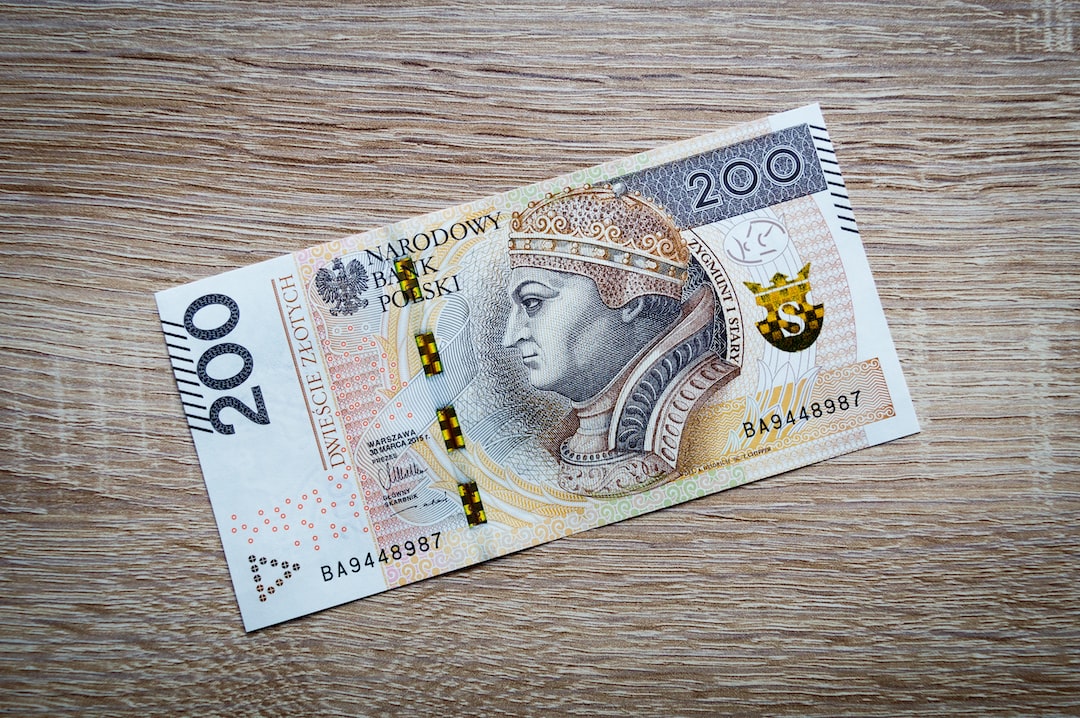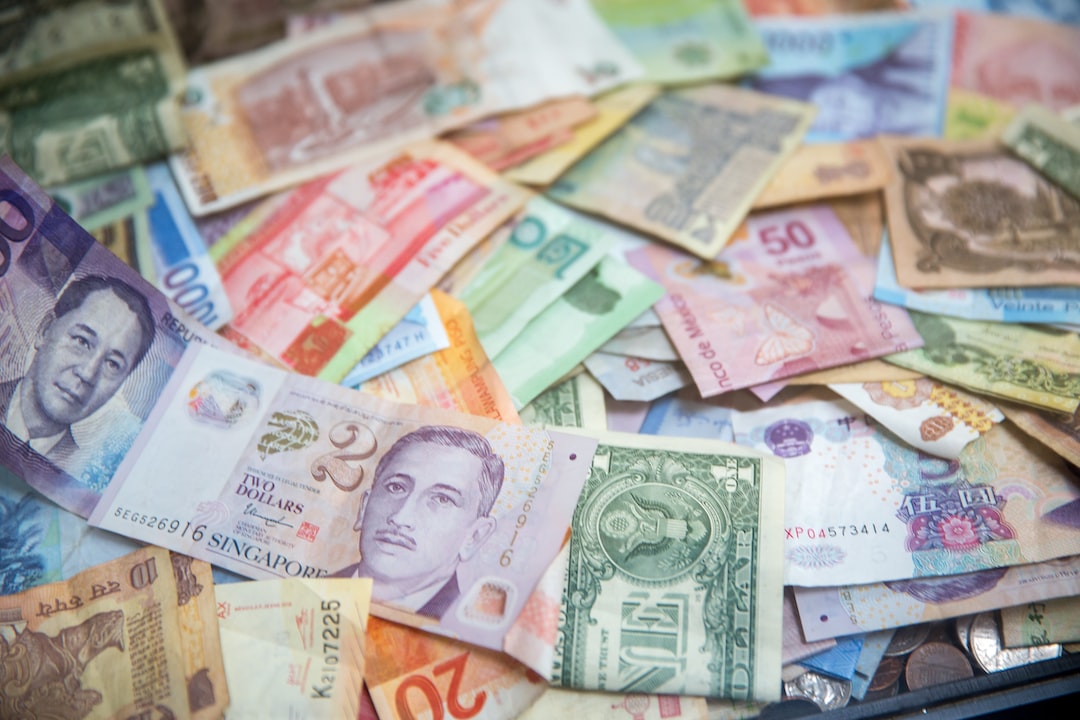Introduction
When it comes to international money transfers or currency exchange, foreign exchange (forex) transactions often play a crucial role. However, many individuals and businesses overlook the significance of understanding bank charges associated with forex purchases. Just as fuel powers a car, bank charges represent the cost incurred when buying foreign currency. By delving into the intricacies of these charges, you can make informed decisions, save money, and maximize the value of your forex transactions.

Image: www.forex.academy
Navigating the forex market can be daunting, especially if you’re unfamiliar with hidden costs. This comprehensive guide unveils the different types of bank charges involved in forex purchases, unraveling their underlying mechanisms and empowering you to optimize your currency exchange strategies.
Main Body
Types of Bank Charges
1. Exchange Rate Margin:
Banks often set their own exchange rates, which may differ from the prevailing market rate. This differential is called the “exchange rate margin,” and it represents a significant portion of bank charges. The margin varies between banks and currency pairs, so comparing rates before selecting a provider is essential.
2. Transaction Fee:
A flat or percentage-based fee is charged for each forex transaction you make. This fee can vary depending on the amount being exchanged, the method used (online, phone, branch), and the bank’s internal policies. Some banks offer tiered pricing, where larger transactions incur lower transaction fees.
3. SWIFT Fee:
If your forex transaction involves transferring funds internationally, you may incur a Society for Worldwide Interbank Financial Telecommunication (SWIFT) fee. SWIFT is a secure messaging network used for international money transfers, and its fee is typically a flat cost per transaction.
4. Intermediary Bank Fee:
When transferring funds between different countries, intermediary banks may be involved. These banks facilitate the transaction and charge an additional fee for their services. Intermediary bank fees vary depending on the banks involved and the transaction volume.
5. Currency Conversion Fee:
Some banks impose a currency conversion fee when exchanging currencies. This fee is usually a percentage of the transaction amount and covers the cost of converting one currency to another.
Factors Influencing Bank Charges
Several factors influence the bank charges you’ll encounter when buying forex:
1. Transaction Amount:
Larger transactions typically attract lower transaction fees as a percentage of the total amount.
2. Currency Pair:
Exchange rates and bank charges vary depending on the currency pair being exchanged. Less common currency pairs may incur higher charges.
3. Transaction Method:
Online forex transactions often come with lower charges compared to over-the-counter (OTC) transactions conducted at bank branches.
4. Bank’s Internal Policies:
Different banks have varying fee structures and policies, so it’s crucial to compare options before selecting a provider.
5. Additional Services:
Some banks offer additional services, such as currency hedging, which may incur additional charges.

Image: www.forex.academy
Minimizing Bank Charges
Empower yourself with the following strategies to minimize bank charges when buying forex:
1. Compare Banks:
Research and compare different banks’ exchange rates and fee structures to find the most competitive option.
2. Negotiate Rates:
For larger transactions, you can negotiate with banks for better exchange rates and reduced transaction fees.
3. Consider Alternatives:
Non-bank providers, such as online currency exchanges or brokers, often offer more competitive rates and lower fees.
4. Use a Forex Card:
Forex cards allow you to make payments in foreign currencies directly, which can eliminate intermediary bank fees and currency conversion charges.
5. Minimize Transactions:
Consolidate multiple small transactions into larger ones to reduce overall transaction fees.
Bank Charges While Buying Forex
Conclusion
Understanding bank charges while buying forex is paramount for individuals and businesses engaging in international transactions. By shedding light on different types of charges, influencing factors, and strategies for minimizing costs, this guide empowers you to make informed decisions. Remember, proactive research and comparison can significantly impact your forex expenditure. Stay informed, make wise choices, and maximize the value of your forex purchases.






